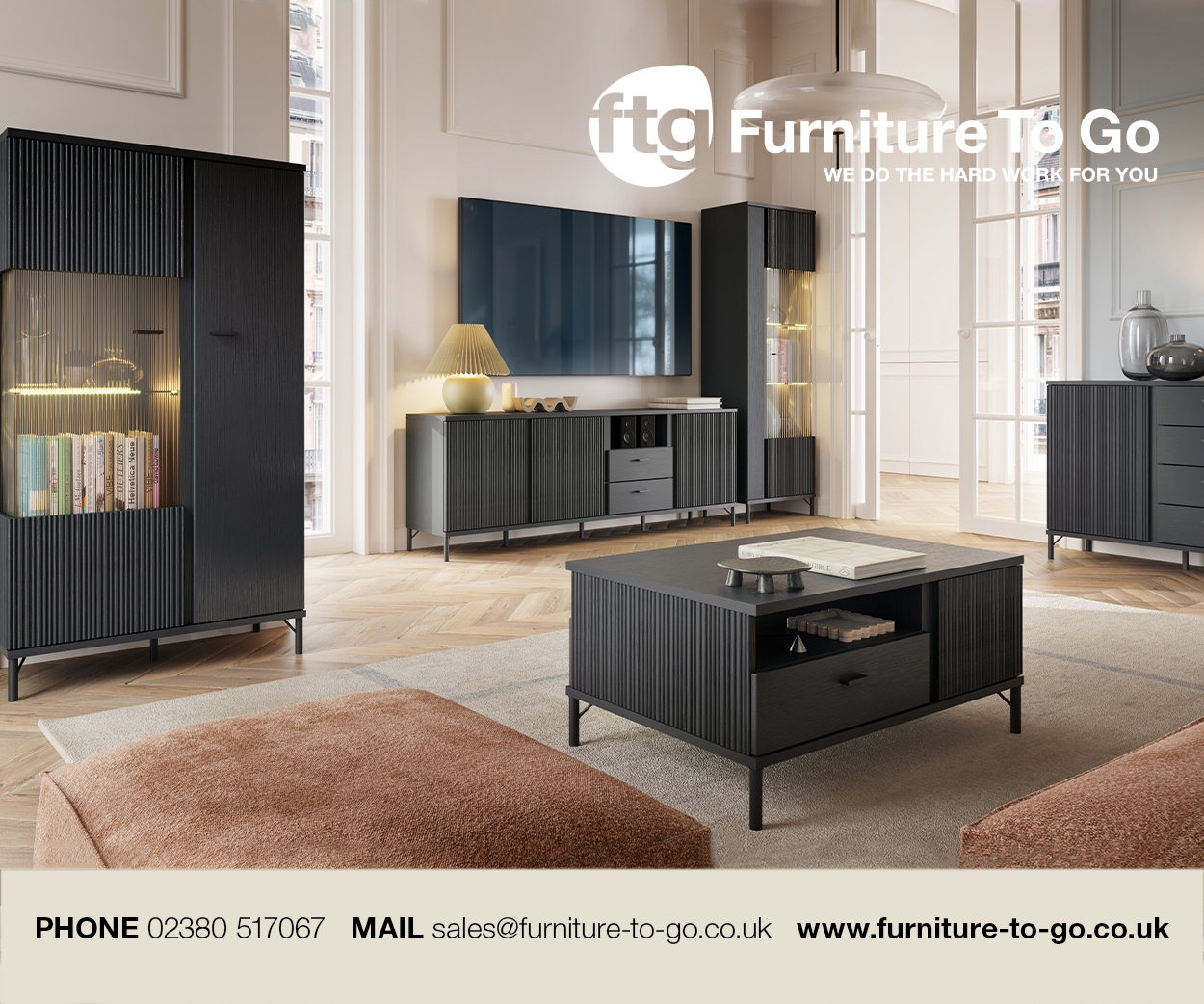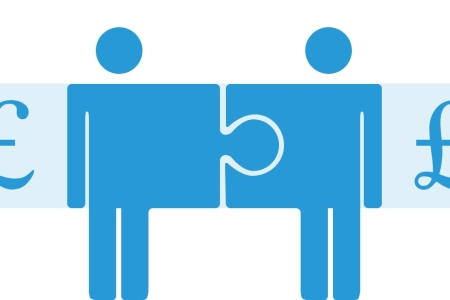With major furniture businesses including Lebus Upholstery and Saxon Furniture opting to make the transition to Employee Ownership Trusts (EOTs), Richard Cowley, who leads the EOT advisory team at RM2, which designs and manages employee share schemes for UK companies, explains why selling businesses to employees is a growing trend …
Research by the Employee Ownership Association found there were at least 1650 employee-owned businesses as of October 2023, with around 330 of these created in just the past year, marking the largest single-year increase.
A growing option for business owners looking to exit is to sell to their employees, rather than to businesses they’ve competed with for years. Recognising that their employees have typically contributed significantly to the success of the company, it makes them a logical choice for business owners who want a smooth exit and to leave a legacy.
What is an Employee Ownership Trust?
An Employee Ownership Trust (EOT) allows business owners to transfer ownership to their employees. This option helps the business continue to thrive in the hands of experienced employees who know the company and its customers well.
Owners must sell a controlling share (over 50%), but can keep up to 49% if they want to stay involved. This gradual change makes for a smoother transition, with fewer disruptions to the management structure or the day-to-day activities.
The trust holds shares on behalf of the employees, who indirectly own the company. This approach provides a clear framework for employee ownership, whilst offering significant tax and other advantages for the selling owners.
Though third-party loans exist, they are less common, and the sale is typically funded by the company’s profits, with the owners effectively lending the funds to the trust for it to buy the company – the loan is usually repaid over a five- to six-year period.
The owners seeking to exit the company can remain directors while the loan is paid back, and any restructuring of the management can be done at the pace of the owners and employees.
The sale to an EOT offers numerous benefits to the exiting owners, the remaining employees and the business itself – and to ensure a smooth transition, clear communication to everyone in the business about the benefits of the sale to the EOT is essential.
The advantages for business owners selling to an EOT include: tax benefits – selling to an EOT is tax-free, with sellers getting 100% relief on Capital Gains Tax (CGT); control of the sale – selling to a trust is straightforward, as there’s no need to find a buyer or go through complex negotiations; protecting the business and employees – owners often want their company and employees to continue thriving, and selling to an EOT can help ensure that; and attracting top talent – offering employees ownership can boost their engagement and attract talented new hires.
The advantages for employees of an EOT-owned business include: profit sharing – once the loan to the owners is repaid, employees may receive a share of company profits; tax-free bonuses – employees can receive up to £3600 in tax-free bonuses each year; and staying independent – selling to a third party can create uncertainty for employees, but with an EOT, the company stays independent, avoiding disruption in company culture or leadership.
Advantages for the business include: smooth transition – selling to an EOT allows for a gradual and planned shift in ownership, ensuring business continuity; retained knowledge – owners often stay on during the transition, providing valuable expertise and connections; and higher employee engagement – employees who have a stake in the business are more likely to stay engaged, productive, and loyal.
Key considerations when selling to an EOT
Selling to an EOT might not suit every business owner, but it’s often easier than finding a third-party buyer. Important considerations include: the business must generate enough profits to fund the buyout over 5-10 years; owners are still responsible for planning succession beyond the EOT sale; the process can be completed quickly, often within three months, though it can also be slowed down; and there is no financial risk to employees.
Planning an exit
The reasons for the increasing popularity of this route to exit for business owners are clear, allowing them to create a tax-free exit by selling their shares to an EOT, whilst remaining in control of their exit timeline.
The owners can avoid the complex, time-consuming and expensive process (with the necessary more onerous due diligence_ that typically ensues when selling to a third-party buyer.
In conclusion, EOT transfers are amongst the quickest and easiest business sales possible, thanks to the seller and buyer being on the same side and working towards achieving the same outcome. The transaction is likely to have little immediate impact on the business, but passing ownership to colleagues who helped build the company, without them facing personal financial risk, can deliver long-term benefits.











